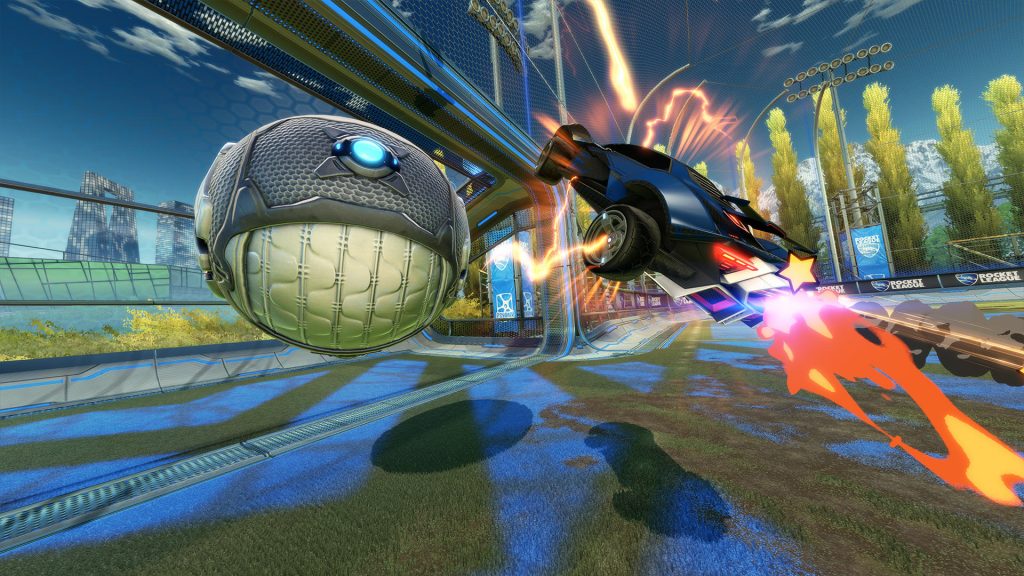Rocket League players on macOS and Linux got some bad news last week, as Psyonix is dropping online support for both platforms. The online-removing patch will arrive in March, at which point players will only have access to local multiplayer. At the time, there was little explanation as to why this move had to be made, but the developers have since expanded on its reasoning, attributing the change to a shift away from DirectX 9.
Psyonix said last week that it has become “more difficult to support macOS and Linux” as the studio looks to adapt to newer technologies. Now, thanks to some additional clarification, we know that Rocket League is making the jump from DirectX 9 to DirectX 11 in order to support “new types of content and features” that aren't possible on the older API:
“There are multiple reasons for this change, but the primary one is that there are new types of content and features we'd like to develop, but cannot support on DirectX 9. This means when we fully release DX11 on Windows, we'll no longer support DX9 as it will be incompatible with future content”.
The post then goes on to explain that the macOS and Linux native clients depend on DX9 for OpenGL. In order to keep those native versions working after moving away from DX9, “significant additional time and resources” would be needed to put together a replacement rendering pipeline based on Metal for macOS or Vulkan/OpenGL4 for Linux. Beyond that, additional investment would be required to ensure long-term support for these versions.
Unfortunately, Psyonix says that the number of active players on Linux and macOS make up less than 0.3 percent of the active player base. Due to this, the studio “cannot justify the additional and ongoing investment in developing native clients for those platforms”.
Apparently, Psyonix has worked out a refund arrangement with Valve for macOS/Linux users that are unhappy with the situation. Alternatively, Wine/Steam Proton will allow Linux users to run the Windows version of Rocket League through Steam, while Apple users can use Boot Camp to set up a Windows install and run the game that way.
KitGuru Says: Rocket League was one of the rare games to natively support macOS and Linux, so it is a shame to see those efforts scrapped. Still, I can understand the reasoning behind it from a business perspective, particularly if those versions are becoming a bottleneck.
 KitGuru KitGuru.net – Tech News | Hardware News | Hardware Reviews | IOS | Mobile | Gaming | Graphics Cards
KitGuru KitGuru.net – Tech News | Hardware News | Hardware Reviews | IOS | Mobile | Gaming | Graphics Cards



